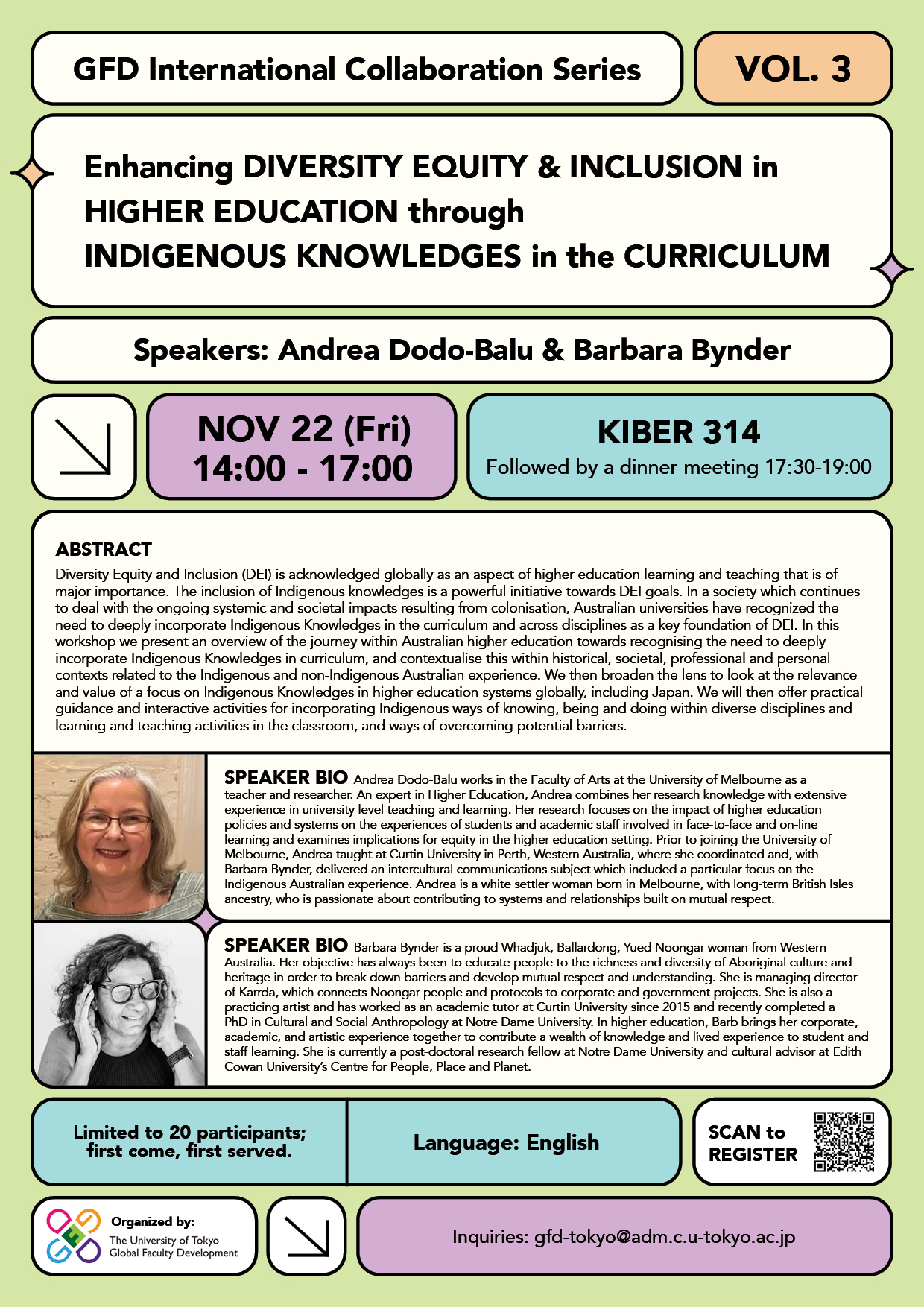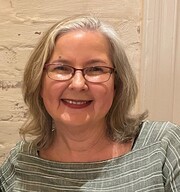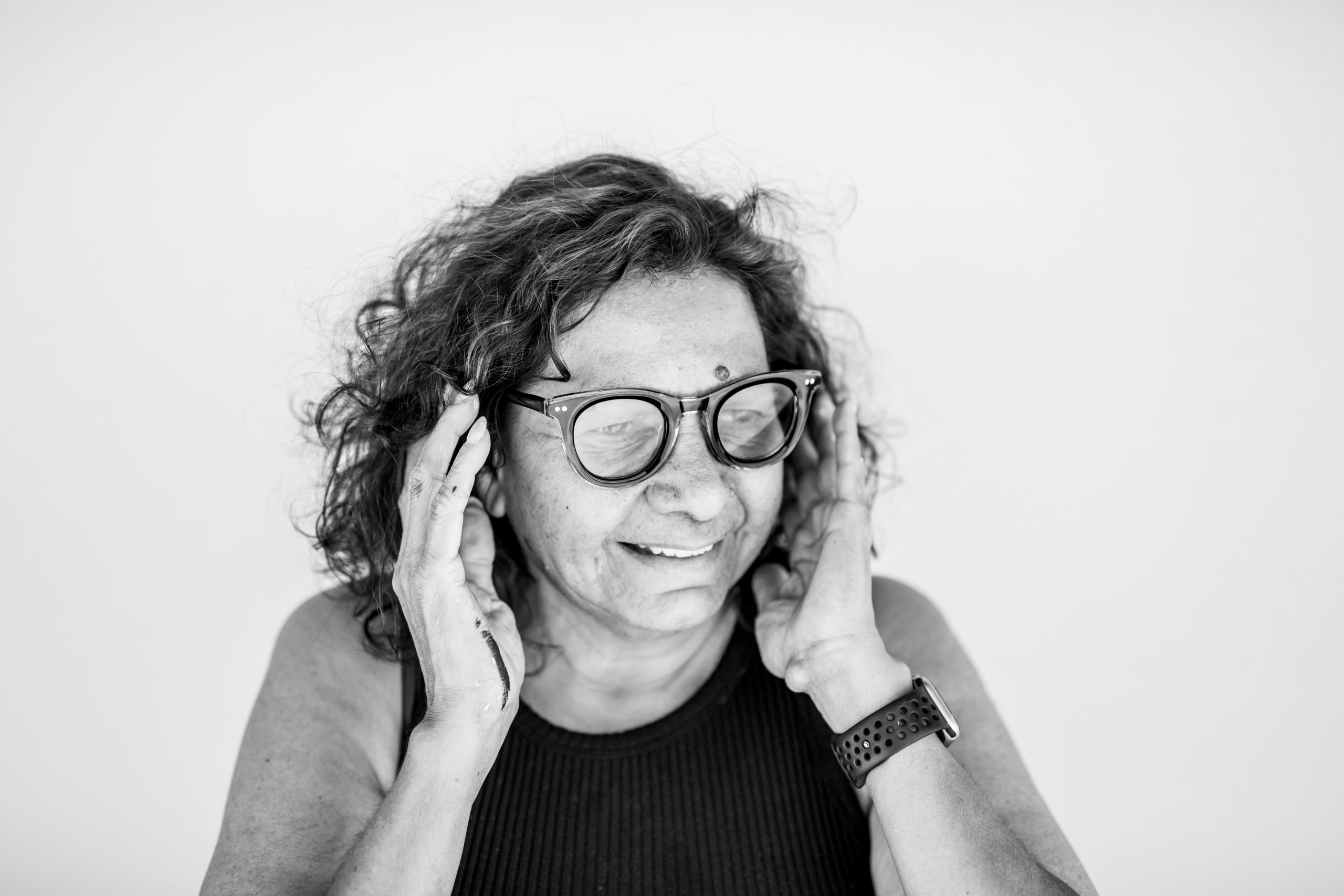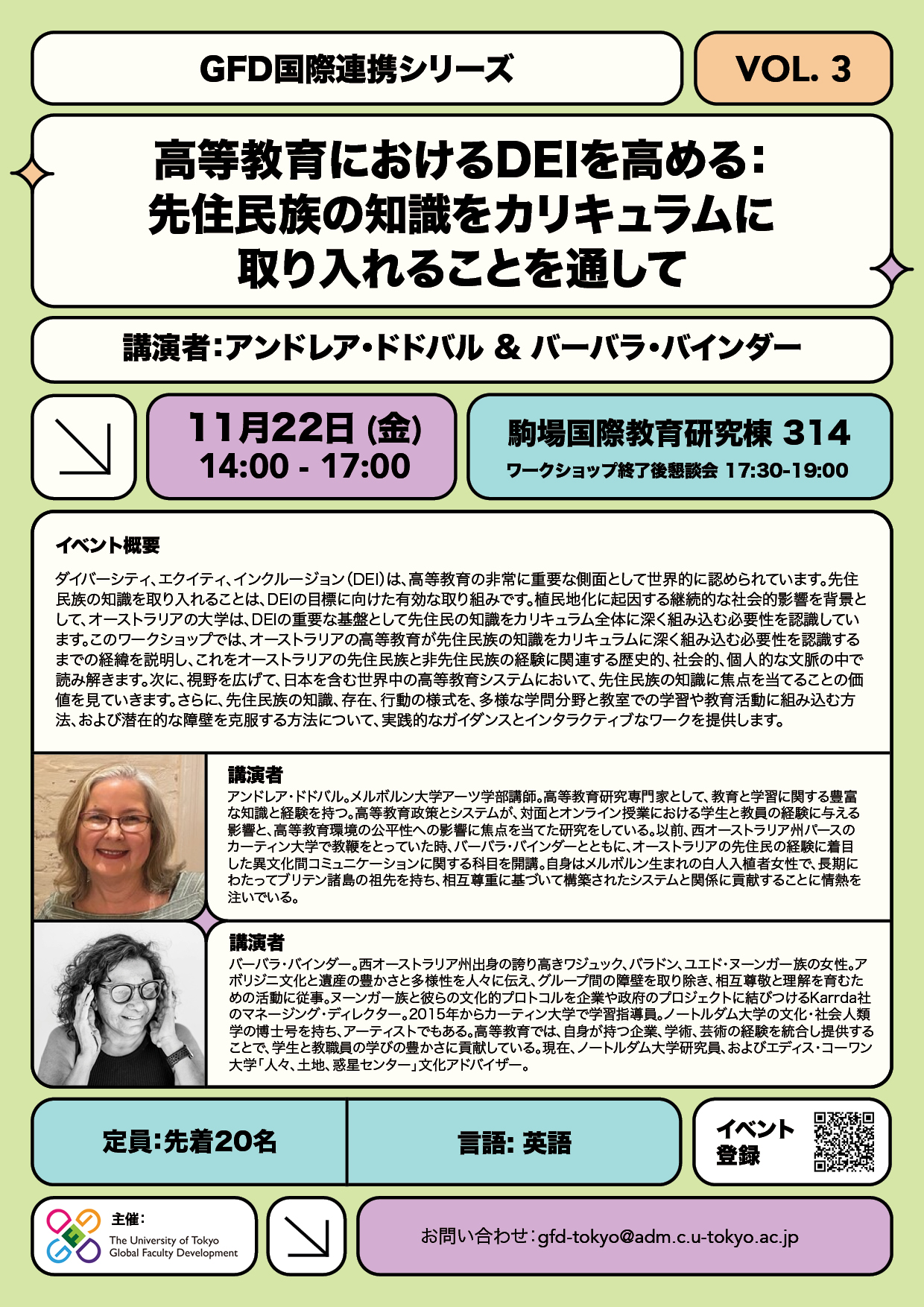
- International Collaboration
11.22 Enhancing Diversity Equity & Inclusion in Higher Education through Indigenous Knowledges in the Curriculum 高等教育におけるDEIを高める:先住民族の知識をカリキュラムに取り入れることを通して
Event Details
Date/Time: Friday, November 22, 14:00-17:00 (JST)
Location: Komaba International Building for Education and Research (KIBER) 314
Speaker: Andrea Dodo-Balu & Barbara Bynder
Language: English(英語)
Followed by a dinner meeting 17:30-19:00
Seats are limited to 20; first come, first served
Speaker Bio

Andrea Dodo-Balu アンドレア・ドドバル
Andrea Dodo-Balu works in the Faculty of Arts at the University of Melbourne as a teacher and researcher. An expert in Higher Education, Andrea combines her research knowledge with extensive experience in university level teaching and learning. Her research focuses on the impact of higher education policies and systems on the experiences of students and academic staff involved in face-to-face and on-line learning and examines implications for equity in the higher education setting. Prior to joining the University of Melbourne, Andrea taught at Curtin University in Perth, Western Australia, where she coordinated and, with Barbara Bynder, delivered an intercultural communications subject which included a particular focus on the Indigenous Australian experience. Andrea is a white settler woman born in Melbourne, with long-term British Isles ancestry, who is passionate about contributing to systems and relationships built on mutual respect.
アンドレア・ドドバル。メルボルン大学アーツ学部講師。高等教育研究専門家として、教育と学習に関する豊富な知識と経験を持つ。高等教育政策とシステムが、対面とオンライン授業における学生と教員の経験に与える影響と、高等教育環境の公平性への影響に焦点を当てた研究をしている。以前、西オーストラリア州パースのカーティン大学で教鞭をとっていた時、バーバラ・バインダーとともに、オーストラリアの先住民の経験に着目した異文化間コミュニケーションに関する科目を開講。自身はメルボルン生まれの白人入植者女性で、長期にわたってブリテン諸島の祖先を持ち、相互尊重に基づいて構築されたシステムと関係に貢献することに情熱を注いでいる。

Barbara Bynder バーバラ・バインダー
Barbara Bynder is a proud Whadjuk, Ballardong, Yued Noongar woman from Western Australia. Her objective has always been to educate people to the richness and diversity of Aboriginal culture and heritage in order to break down barriers and develop mutual respect and understanding. She is managing director of Karrda, which connects Noongar people and protocols to corporate and government projects. She is also a practicing artist and has worked as an academic tutor at Curtin University since 2015 and recently completed a PhD in Cultural and Social Anthropology at Notre Dame University. In higher education, Barb brings her corporate, academic, and artistic experience together to contribute a wealth of knowledge and lived experience to student and staff learning. She is currently a post-doctoral research fellow at Notre Dame University and cultural advisor at Edith Cowan University’s Centre for People, Place and Planet.
バーバラ・バインダー。西オーストラリア州出身の誇り高きワジュック、バラドン、ユエド・ヌーンガー族の女性。アボリジニ文化と遺産の豊かさと多様性を人々に伝え、グループ間の障壁を取り除き、相互尊敬と理解を育むための活動に従事。ヌーンガー族と彼らの文化的プロトコルを企業や政府のプロジェクトに結びつけるKarrda社のマネージング・ディレクター。2015年からカーティン大学で学習指導員として働き、ノートルダム大学の文化・社会人類学の博士号を持ち、アーティストでもある。高等教育では、自身が持つ企業、学術、芸術の経験を統合し提供することで、学生と教職員の学びの豊かさに貢献している。現在、ノートルダム大学研究員、およびエディス・コーワン大学「人々、土地、惑星センター」文化アドバイザー。
Abstract
Diversity Equity and Inclusion (DEI) is acknowledged globally as an aspect of higher education learning and teaching that is of major importance. The inclusion of Indigenous knowledges is a powerful initiative towards DEI goals. In a society which continues to deal with the ongoing systemic and societal impacts resulting from colonisation, Australian universities have recognized the need to deeply incorporate Indigenous Knowledges in the curriculum and across disciplines as a key foundation of DEI. In this workshop we present an overview of the journey within Australian higher education towards recognising the need to deeply incorporate Indigenous Knowledges in curriculum, and contextualise this within historical, societal, professional and personal contexts related to the Indigenous and non-Indigenous Australian experience. We then broaden the lens to look at the relevance and value of a focus on Indigenous Knowledges in higher education systems globally, including Japan. We will then offer practical guidance and interactive activities for incorporating Indigenous ways of knowing, being and doing within diverse disciplines and learning and teaching activities in the classroom, and ways of overcoming potential barriers.
ダイバーシティ、エクイティ、インクルージョン(DEI)は、高等教育の非常に重要な側面として世界的に認められています。先住民族の知識を取り入れることは、DEIの目標に向けた有効な取り組みです。植民地化に起因する継続的な社会的影響を背景として、オーストラリアの大学は、DEIの重要な基盤として先住民の知識をカリキュラム全体に深く組み込む必要性を認識しています。このワークショップでは、オーストラリアの高等教育が先住民族の知識をカリキュラムに深く組み込む必要性を認識するまでの経緯を説明し、これをオーストラリアの先住民族と非先住民族の経験に関連する歴史的、社会的、個人的な文脈の中で読み解きます。次に、視野を広げて、日本を含む世界中の高等教育システムにおいて、先住民族の知識に焦点を当てることの価値を見ていきます。さらに、先住民族の知識、存在、行動の様式を、多様な学問分野と教室での学習や教育活動に組み込む方法、および潜在的な障壁を克服する方法について、実践的なガイダンスとインタラクティブなワークを提供します。
Contact
gfd-tokyo@adm.c.u-tokyo.ac.jp


